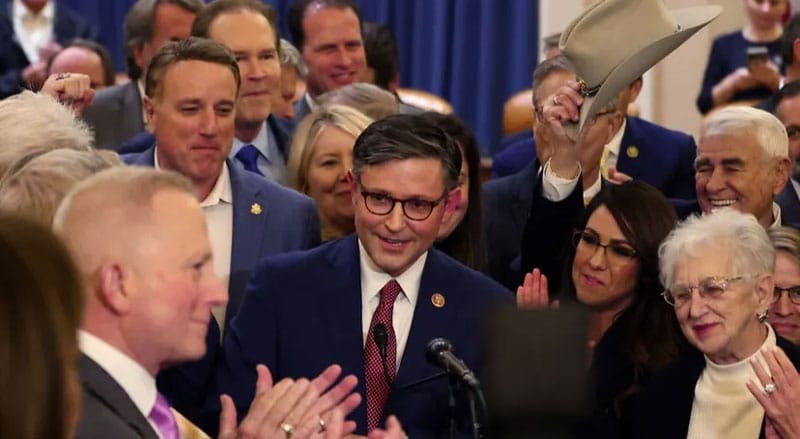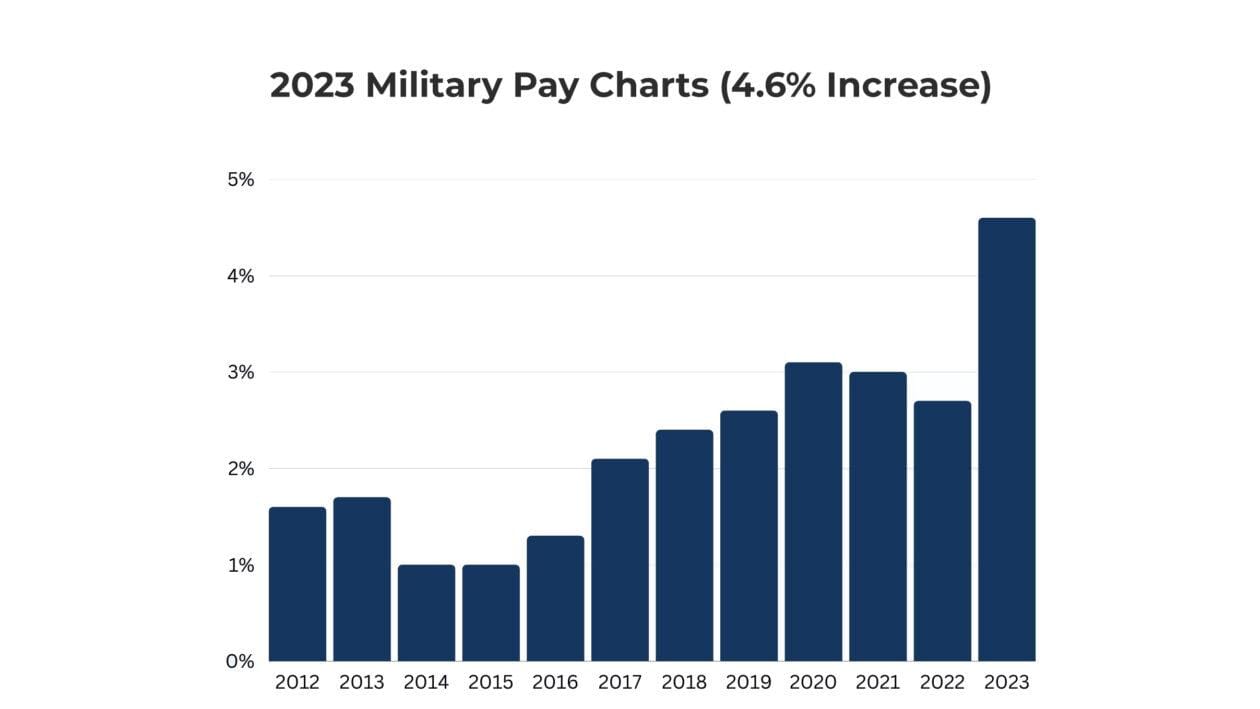The election of a new House Speaker is always a pivotal moment in American politics, and the upcoming election of Mike Johnson to this position is no exception. As the Republican Party seeks to unify its members and present a strong front, several key figures within the party will be closely watched for their influence and support during this election process. Understanding the positions and potential impacts of these Republicans can provide valuable insights into the future direction of the House under Johnson’s leadership.
One of the most notable figures to watch is Kevin McCarthy, the former House Speaker who was ousted from his position earlier this year. McCarthy’s experience and connections within Congress make him a significant player in the election. His endorsement or lack thereof could sway undecided members and solidify Johnson’s standing among the party’s ranks. McCarthy has expressed his support for Johnson, but the dynamics of their relationship and how McCarthy’s influence is perceived by other Republicans will be critical.
Another important figure is Elise Stefanik, the House Republican Conference Chair. Stefanik has emerged as a prominent voice within the party and has been instrumental in rallying support for various initiatives. Her backing of Johnson could lend him considerable credibility, especially among younger and more moderate Republicans. Conversely, if she were to withhold her support, it might raise questions about Johnson’s appeal to the broader party base. Stefanik’s ability to navigate these waters will be essential in determining the level of cohesion within the Republican ranks.
Additionally, members of the Freedom Caucus, a group of conservative Republicans known for their hardline stances, will be crucial in this election. Their support is essential for Johnson, as they represent a significant faction within the party that can either bolster his position or create challenges if they feel their interests are not adequately represented. Leaders within the Freedom Caucus, such as Jim Jordan and Scott Perry, will be pivotal in shaping the narrative around Johnson’s candidacy. Their endorsement could energize the base, while dissent could lead to fractures that hinder Johnson’s effectiveness as Speaker.
The role of moderates within the Republican Party cannot be overlooked either. Figures like Brian Fitzpatrick and Don Bacon, who often appeal to centrist voters, will be important to watch. Their support is vital for ensuring that Johnson can maintain a broader appeal, especially in districts that lean toward the center. If Johnson is perceived as catering too much to the far-right elements of the party, he risks alienating these moderate Republicans, which could have significant implications for legislative initiatives and party unity.
Moreover, the impact of former President Donald Trump cannot be underestimated in this election. Trump’s endorsement carries substantial weight among the Republican base, and his opinion on Johnson’s candidacy could sway many members. Johnson’s alignment with Trump’s policies and his ability to navigate the former president’s influence will be a critical factor in securing the necessary votes. If Trump openly supports Johnson, it could solidify his position as Speaker; however, any indication of disapproval could complicate his path.
In addition to these key players, the broader political landscape will also play a role in the election process. Issues such as the economy, immigration, and national security are at the forefront of voters’ minds, and how Johnson addresses these concerns will be scrutinized by both party members and the public. His ability to articulate a clear vision and rally support around key issues will be essential for his success as Speaker.
As the election date approaches, the dynamics within the Republican Party will continue to evolve. The relationships between Johnson and these influential Republicans will be pivotal in determining the level of support he receives. The ability to foster collaboration and address the concerns of various factions within the party will be crucial for Johnson as he seeks to lead effectively.
In conclusion, the election of Mike Johnson as House Speaker is not just about his individual candidacy; it is also a reflection of the current state of the Republican Party. The key Republicans to watch—Kevin McCarthy, Elise Stefanik, members of the Freedom Caucus, moderates, and the influence of Donald Trump—will all play significant roles in shaping the outcome of this election. As the political landscape continues to shift, the support or opposition from these figures will ultimately determine Johnson’s success in leading the House and guiding the Republican agenda.



